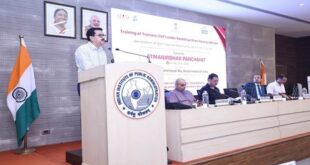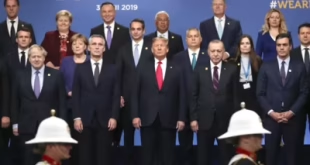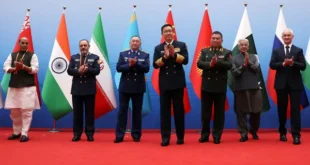- A constitution or five-judge bench of the Supreme Court held that it can exercise its powers under Article 142 of the Constitution to directly grant a decree of divorce to consenting parties, in cases of irretrievable breakdown of marriage, without referring the parties to a family court.
- Current procedure under the Hindu Marriage Act (HMA)
- Under the Hindu Marriage Act, 1955 both parties can file a petition for dissolution of their marriage by presenting a decree of divorce to the district court.
Grounds:
- They have been living separately for a year or more or
- They have not been able to live together or
- Have mutually agreed to dissolve their marriage.
- Both parties seeking divorce have to wait between 6 to 18 months from the date on which they presented their petition to obtain the divorce decree.
- The six-month period is given so that the parties have ample time to withdraw their plea.
- These provisions apply when at least one year has elapsed since the marriage took place.
Additionaly, divorce can be sought by either spouse on grounds like:
adultery, cruelty, desertion, religious conversion, insanity, leprosy, venereal disease, renunciation, and presumption of death.
Issues:
- The parties can approach the family courts for initiation of divorce proceedings, this process is often time-consuming and lengthy.
- If the parties wish to opt for a divorce more expeditiously, they can approach the Supreme Court under Article 142 for the dissolution of their marriage.
- This provision gives the country’s top court wide powers to do complete justice in a case before it.
Article 142 of the Constitution
Article 142 has two clauses.
Article 142(1):
The Supreme Court in the exercise of its jurisdiction may pass such decree or order for doing complete justice.
Article 142(2):
The Supreme Court shall have all and every power to make any order for the purpose of:
- securing the attendance of any person,
- the discovery or production of any documents, or
- the investigation or punishment of any contempt of itself
SOURCE: THE HINDU, THE ECONOMIC TIMES, PIB
 Chinmaya IAS Academy – Current Affairs Chinmaya IAS Academy – Current Affairs
Chinmaya IAS Academy – Current Affairs Chinmaya IAS Academy – Current Affairs



